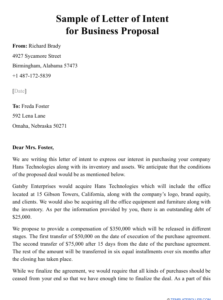Debt purchasers
A debt purchase agreement is a contract in which a debt purchase company purchases your outstanding delinquent debt in exchange for a percentage of its face value. These agreements can be used by collection agencies or by a third-party debt purchaser to recover lost funds. In addition, the debt purchaser can repackage and resell the purchased portfolio. Two of the largest debt purchasers in the United States are Encore Capital Group and Portfolio Recovery Associates.
Debt purchase companies work in a similar manner to collection agencies. They purchase debts from businesses for a small percentage of their original balance and then try to collect them. Unlike collection agencies, these firms do not pursue the borrower directly. Instead, they use debt collections to make money. Once a consumer has paid their debt, they send a letter to the creditor stating that the payment was made.

A debt purchaser must follow the same rules as the original creditor. For example, he cannot add additional charges or interest to the original debt. Similarly, he must follow the terms of the original credit agreement. However, the debt purchaser may hire a debt collection agency to collect the debt on behalf of the original creditor. This means that the borrower must pay a fee to this agency. Therefore, it is important to carefully analyze any offer you receive from a debt purchase company.
Debt purchasers aggreement companies
Debt purchasers have many risks associated with their business. The first is that they often buy hundreds of delinquent debts. Even if only a fraction of them pay, they can still make a significant profit from their efforts. Second, these companies report the debts to the three major credit bureaus, including TransUnion and Experian. As a result, a collection account will stay on the consumer’s credit report for as long as it is reported, likely negatively affecting their credit score.
A debt purchase agreement has many benefits. It is an agreement between a debt purchaser and a creditor. Typically, the buyer agrees to purchase the delinquent debt and repackage it under their brand. The debt collection company will pay the collection agency, also known as a debt collector, for its services. These companies can also reduce the cost of creditor collections by working with several different creditors to negotiate a deal that is beneficial to both parties.
Another disadvantage to debt purchasers is that the debts purchased by a debt purchaser are not discharged to the original creditor. As a result, the debt purchasers can take the money and then use it to pay off their existing creditors. While this sounds like a good idea, there are a number of other risks to consider when choosing a debt purchaser. In fact, a debt buyer will report a new unsecured debt to the credit bureaus, and the new debt will stay on the consumer’s credit report for seven years.